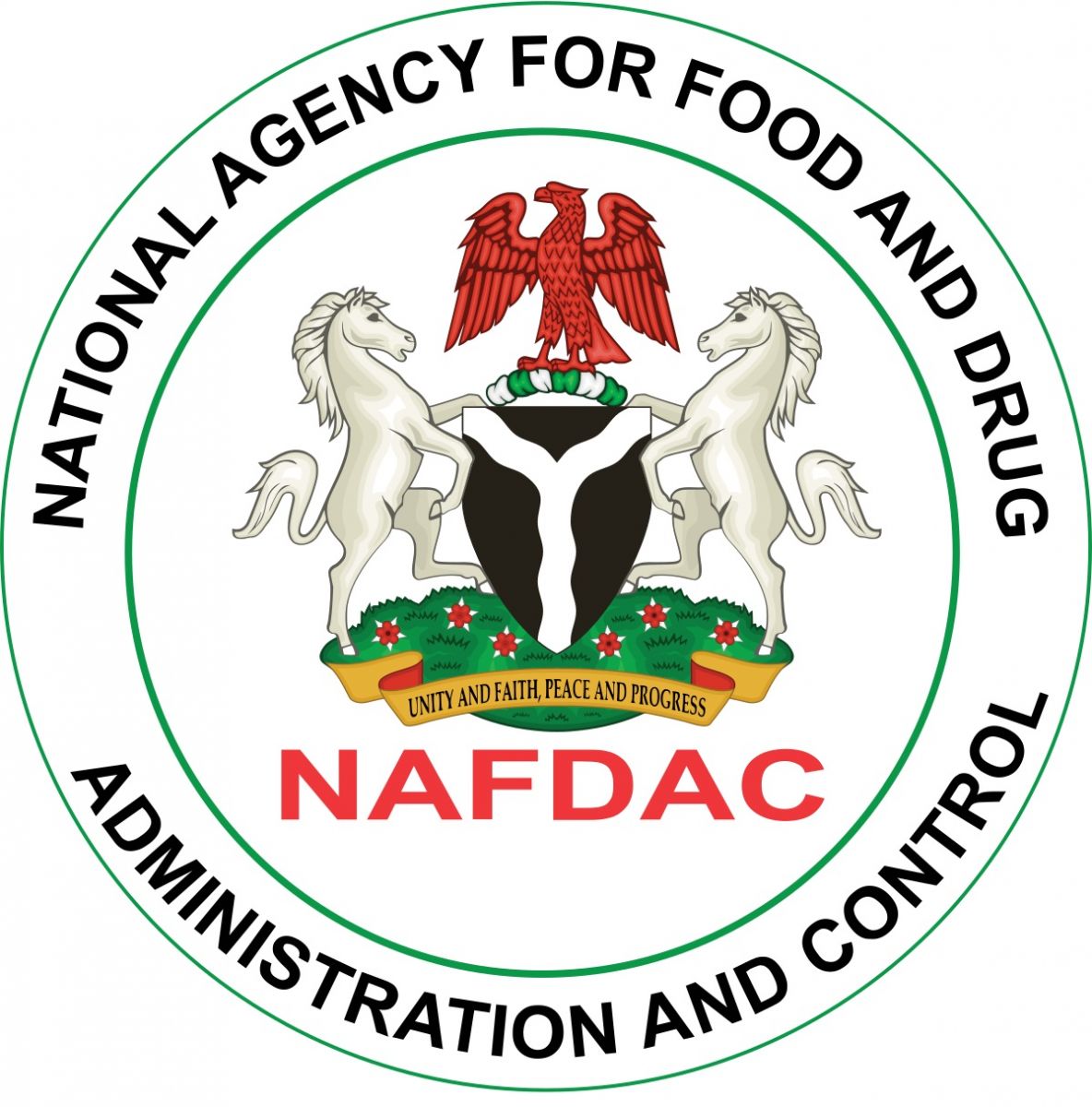By Modupe Adeniyi. Freelance Health Reporter.

MONDAY JUNE 3, 2024. The National Agency for Food and Drug Administration and Control (NAFDAC) has sounded a stern warning to grain merchants, urging them to refrain from using dangerous chemicals like dichlorvos to preserve food items. The agency underscored the inherent dangers and potential fatal consequences of such practices.
Reacting to a viral video depicting individuals using hazardous chemicals to preserve food items like beans, stockfish and crayfish, NAFDAC's Director-General, Prof. Mojisola Adeyeye emphasized the grave risks posed by the misuse of dichlorvos to human health.
"The misuse of dichlorvos poses significant risks to human health manifesting in both short-term and long-term consequences," Adeyeye stated. "Long-term exposure can result in severe health implications, including developmental abnormalities in offspring, memory loss, reduced fertility and potential carcinogenic effects."
Adeyeye highlighted the importance of adhering to safety guidelines to mitigate the risks associated with dichlorvos exposure and urged traders and merchants to desist from using unauthorized chemicals on food meant for human consumption.
"These adverse effects highlight the importance of adhering to safety guidelines to mitigate the risk associated with dichlorvos exposure," she cautioned.
The NAFDAC boss acknowledged the challenges faced by farmers due to the ban on various chemicals but underlined the importance of transitioning to safer alternatives such as bio-pesticides. She also emphasized proper food storage, suggesting that food remnants could be contaminated and stressing the significance of freshness and refrigeration.
"NAFDAC has implemented several initiatives, including stakeholders' sensitization meetings on restricting the direct application of dichlorvos on grains and foodstuffs except after thorough laboratory testing to ensure pesticide residues do not exceed maximum limits for both in-country consumption and exports," Adeyeye stated. "Routine monitoring of stakeholders is also being conducted to ensure compliance."
Dr. Rametu Momodu, the Director of Veterinary Medicine and Applied Products (VMAP), reiterated that using pesticides to preserve grains is not an approved practice. She explained that while there are approved pesticides for use as fumigants, they should be deployed according to the manufacturer's specifications and she cautioned against their direct application to food due to the inherent danger to human health.
"Consuming food contaminated with dichlorvos could cause dizziness, vomiting, difficulty in breathing, tremors and convulsions, and in some cases, it can result in coma and death," Momodu warned.
She emphasized that once used, pesticide residues remain on or in the food, posing significant health risks and washing the food does not mitigate the risk as the harmful substance would have already soaked into it.
"It should be used as intended, either as a field crop treatment or a fumigant, to ensure food safety," Momodu advised, urging grain merchants, vendors and farmers to adhere strictly to manufacturer's guidelines and refrain from directly applying dichlorvos to beans and other foodstuffs.
Momodu also counseled consumers to stop patronizing vendors known to engage in such practices and to report them to the nearest NAFDAC office for appropriate action.
Dichlorvos is an orgnophosphate (cholinesterase inhibitor) insecticide and pesticide.
It is traded under different names such as DDVP, Dedevap, Nogos, Nuvan, Phosvit, Vapona, Sniper and Daksh. The World Health Organization (WHO) has classified dichlorvos as a “highly hazardous” chemical (Class 1B).
Dichlorvos is the most commonly used pesticide in developing countries, such as in most of Africa. It is highly water soluble and usually used as a household and agricultural pesticide. It is also used in fish farming to eradicate crustacean ectoparasites and on dogs, horses and pigs in veterinary practice as a deworming agent.
Dichlorvos has been on sale globally since the early 1960’s. However in view of public health concerns about its toxicity and safety, its sale has been suspended in the UK and some other European Union countries since 2002 and 2012 respectively. In many other countries, its use is either restricted or banned completely.
Sources:
Guardian Nigeria Newspaper
Okoroiwu HU, Iwara IA. Dichlorvos toxicity: A public health perspective. Interdiscip Toxicol. 2018 Aug;11(2):129-137. doi: 10.2478/intox-2018-0009
Published: June 3, 2024
© 2024. Datelinehealth Africa Inc. All rights reserved.
Permission is given to copy, use and share content for non-commercial purposes without alteration or modification and subject to attribution as to source.
DATELINEHEALTH AFRICA INC., is a digital publisher for informational and educational purposes and does not offer personal medical care and advice. If you have a medical problem needing routine or emergency attention, call your doctor or local emergency services immediately, or visit the nearest emergency room or the nearest hospital. You should consult your professional healthcare provider before starting any nutrition, diet, exercise, fitness, medical or wellness program mentioned or referenced in the DatelinehealthAfrica website. Click here for more disclaimer notice.